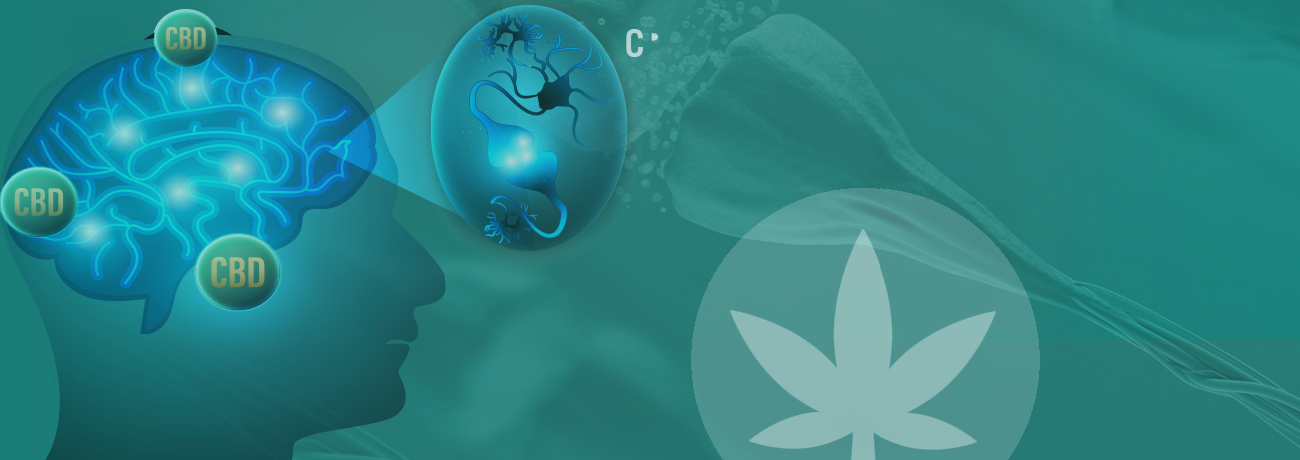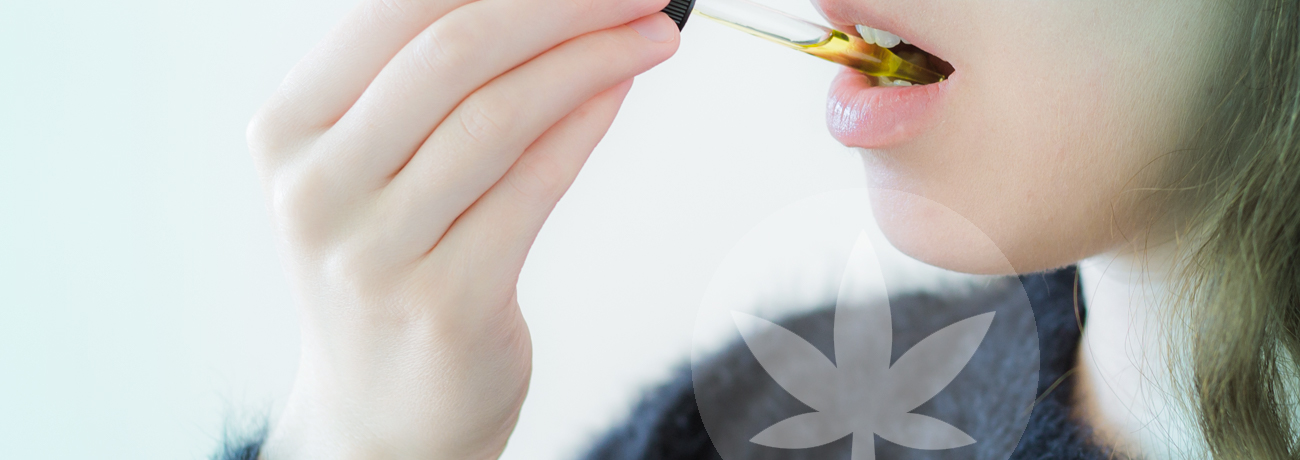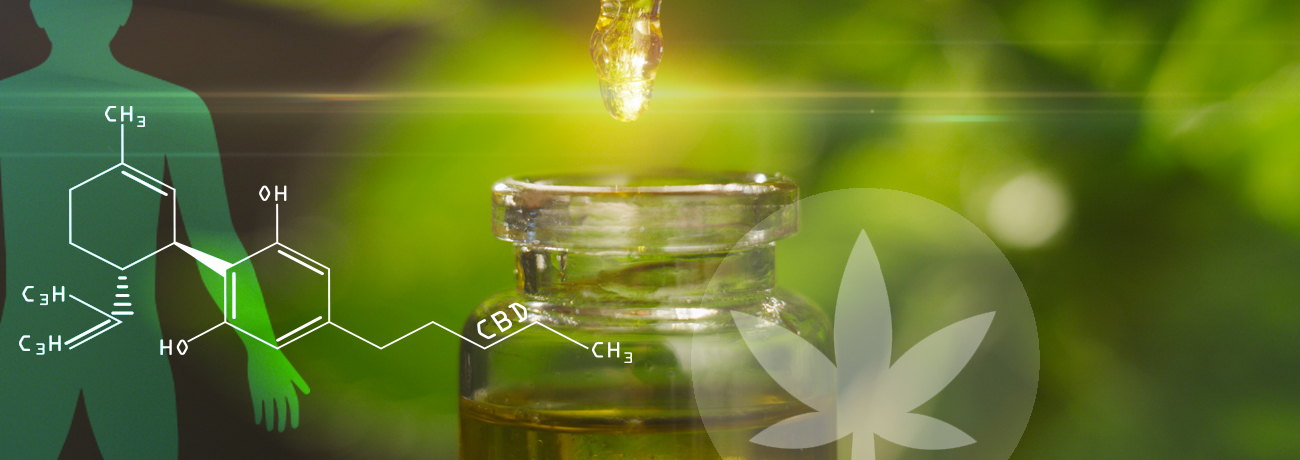Can you build a tolerance to CBD?
Last updated:
Published:
Tolerance is an all-too-familiar concept for millions of people, as the body is very good at adapting to different substances and potentially lowering their effectiveness over time. Consider something like CBD, a supplement that is consumed daily, and it’s easy to see why many are quick to ask, "Will I build a tolerance to CBD?". Fortunately, research may have the answer. To find out more, keep reading.

What happens if you keep taking CBD?
Building a tolerance to any substance is not a new or strange concept—many of us even experience it in our daily lives. Take something as familiar as tea or coffee; when you first started drinking either, the boost in energy and focus made work deadlines a breeze. Now, however, one cup has been replaced by several, with effects being significantly less profound.
Given how frequently CBD is consumed, it makes sense to assume that the body will react in the same way it does with substances like tea, coffee, or sugar. Factor in the various different ways that CBD can be taken (edibles, tinctures, oils, capsules, and topicals), and it is a perfectly valid concern. However, before we can answer whether the body builds a tolerance to the effects of CBD, we first need to explore how tolerance works.
Understanding how tolerance works
Tolerance is split into three major categories: cellular, metabolic, and behavioural. Cellular tolerance implies that cells become less responsive to a compound, hence why more coffee is needed to stimulate our bodies in the example above. Metabolic tolerance, on the other hand, is where less of a substance reaches the target area, while behavioural tolerance is where we become psychologically attuned to the effects of a substance. Interestingly, tolerance doesn't have to fall into one of the three predefined camps outlined above, and can manifest as a combination of mechanisms depending on how a particular substance interacts with the body.
It is also essential to consider that the rate at which we become tolerant to a substance will vary significantly from person to person. Every one of us is unique in our genetic structure, and as such, our physiology differs too. While it may take three weeks for one person to develop tolerance to a specific dose of a specific substance, it could take someone else far longer.
In the case of cannabinoids like THC, cellular tolerance is highly common, especially with prolonged use. Over time, to combat the overload experienced by our endocannabinoid system, cannabinoid receptors become less enthusiastic about binding with the compound, and, in some cases, will retreat inside a cell so they cannot be bound with. Thankfully, this is not the case with CBD; instead, researchers have found that the compound may have the opposite effect—causing a mechanism known as reverse tolerance.

CBD and tolerance: what happens inside our bodies?
The reason CBD acts differently from cannabinoids like THC is because of the way it interacts with the endocannabinoid system. Rather than binding directly with CB1 and CB2 receptors, it takes a more indirect approach. In the study referenced above, the Department of Neuropharmacology at Fukuoka University found that "the neuroprotective effects of cannabidiol are independent of CB1 blockade", implying that the compound doesn't need to work by binding directly with receptors, and is theoretically less prone to tolerance mechanisms.
Instead, the compound can improve the binding affinity of specific receptors and encourage the production of endocannabinoids, compounds vital for maintaining balance (homeostasis) via the ECS. This action is called "reverse tolerance", and is used to explain why you may need less of a substance to feel the same effects—not more. Rather than our endocannabinoid system being forced to become overactive and reject the compound over time, CBD takes charge and manages the activation of receptors for us.

CBD appears to have the opposite effect on tolerance
While there is a lot more at play when considering tolerance than just three mechanisms, the studies so far appear to suggest that CBD is not tolerance-forming. Instead, it can reduce the activation of CB1 receptors, without the endocannabinoid system needing to desensitise itself. The potential of this interaction is significant as the compound may also be able to reduce the side effects and tolerance-forming behaviour of other cannabinoids.
As we highlighted earlier, giving a definitive answer to the tolerance-forming effects of CBD remains challenging. With so many factors influencing the rate at which we become tolerant, significantly more research is needed. Encouragingly though, early results appear very favourable, and based on what has been discovered so far, we can provide a temporary answer to the original question of "Will I build a tolerance to CBD?".
The answer appears to be no—and regular use of CBD may actually lead to less being needed to feel the same benefit over time. Consider that the compound actively encourages several other crucial functions of the ECS, and it appears CBD tolerance isn't something we need to be wary of at this point.













